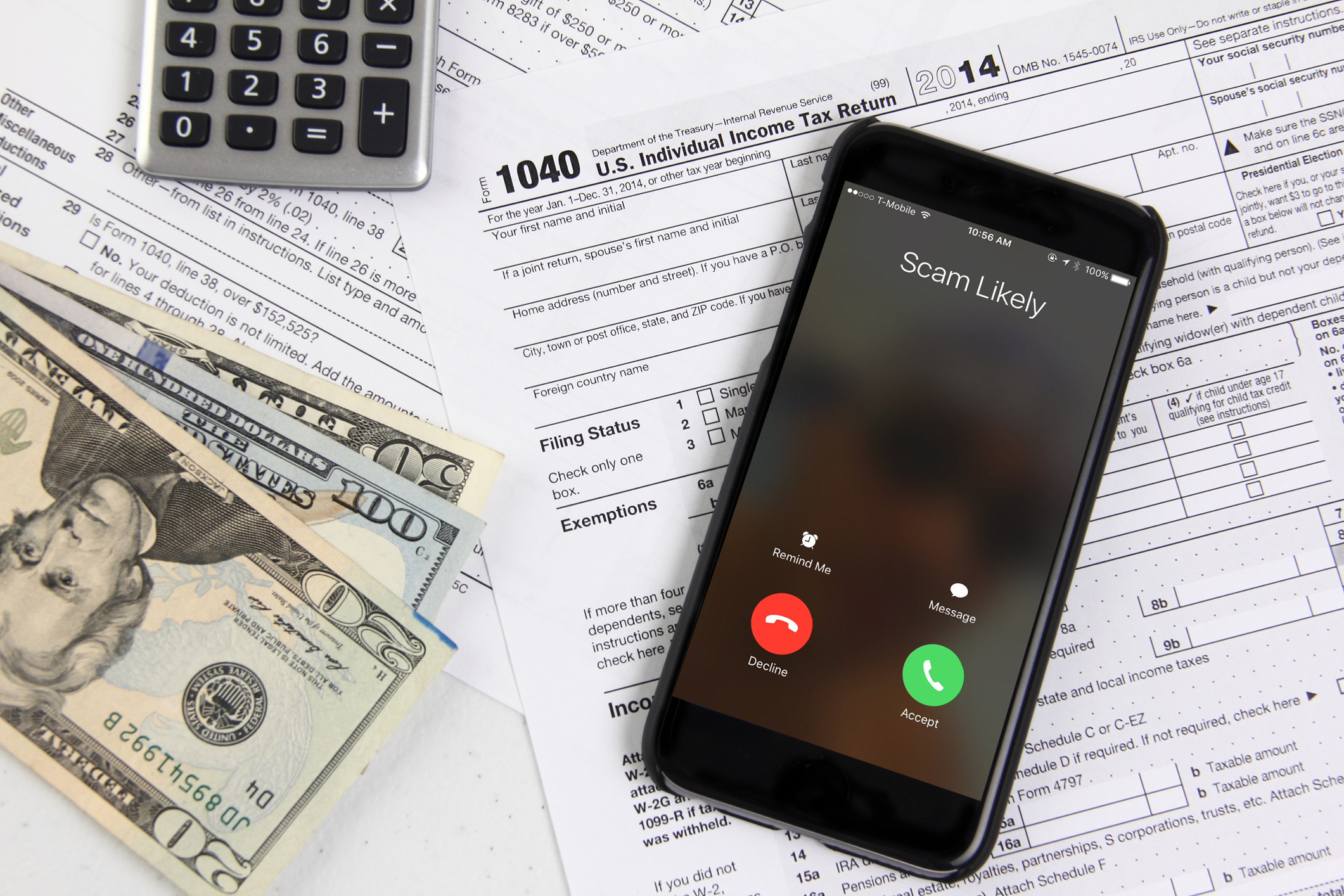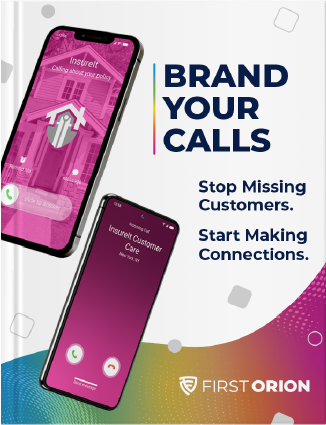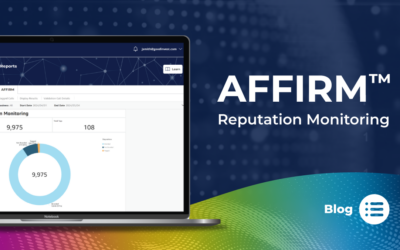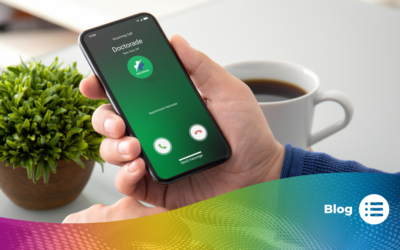It’s Tax Day in the US – but just because the papers are filed doesn’t mean that the calls will stop. For IRS scammers, their season is just beginning.

Tax scams work because no one wants to be audited by the IRS. Scammers prey on that fear to trick people out of millions of dollars each year, setting up individuals, businesses, even payroll and tax professionals. Here are some of the scams to be wary of this year:
The Classic IRS Impersonation Scam
Every year, scammers pose as IRS employees, using fake names and badge numbers to try and build trust in their validity. They’ll use neighborhood spoofing to make it appear that the IRS is calling, then claim victims still owe money or that their taxes weren’t filed properly. With the threat of arrest or audit, many people will pay up without question – even if it seems a little shady. Some scam artists will even say they have your tax return and just need to verify some personal information, like your social security number or bank numbers, leaving you open to identity theft.
These scammers will use a number of tricks, including targeting disabled individuals. We’ve seen thieves call deaf and hard of hearing individuals using video relay services (VRS) to try and make their calls seem more legitimate. However, the IRS warns not to trust calls just because they’re made with these services. VRS interpreters don’t screen calls for validity – they’re just the middle man.
Recent immigrants should be on guard as well. Limited English Proficiency victims are often approached in their native language and threatened with deportation, arrest or license revocation. Don’t forget, scammers do their research – they will use any and all information they can against you.
All in all, be wary of any calls demanding payment and use caution before offering up cash to an unexpected tax bill. The IRS doesn’t initiate contact with taxpayers by email, text messages, or social media channels to request personal or financial information. They don’t call to demand payment using a specific payment message like a prepaid debit card or gift card. In general, the IRS will mail you first with a bill, and you have an opportunity to question or appeal the amount they say you owe.
The TAS & TAC Scams
While some victims respond well to a general “IRS” call, others are better swayed by more specific agencies. The more information a scammer can provide, the more valid its claims will seem. We’ve seen two examples of this recently.
In the first, criminals pretend to be from the Taxpayer Advocate Service (TAS), an independent organization within the IRS. They’ll make an unsolicited call, spoofing the number from the TAS office in Houston or Brooklyn. These are often robocalls that leave a message requesting a call back. Once they get you on the phone, they’ll say you’re entitled to a big refund if you can verify personal info like your social security number or individual taxpayer identification number (ITIN).
The TAS is responsible for assisting in resolving IRS problems. They don’t call taxpayers out of the blue – typically, you’d call to ask for help first, so if you haven’t done that consider any unexpected call from the TAS a red flag.
The second scam pretends to be calling from Taxpayer Assistance Centers (TACs). Scammers will spoof your local TAC office number and demand money for unpaid taxes. If you question the validity of the call, they’ll direct you to IRS.gov to look up the number, then call you back using the spoofed number to “prove” it’s a real call. Still not convinced? We’ve seen variations where scammers will spoof local sheriff’s office numbers or DMV numbers to convince victims.
How to Avoid Being Scammed
Each year, con artists will continue to evolve and adapt their practices to try and catch potential victims off guard. Just because your taxes are turned in doesn’t mean you’re in the clear. Be diligent in protecting your finances and personal info, especially over the phone. The IRS will never:
- Call to demand immediate payment over the phone
- Call about taxes owed without first mailing a bill (or several of them!)
- Call to verify your identity by asking for personal or financial information
- Demand payment without question or appeal
- Require a specific payment method – especially a weird one like a gift card or money transfer
- Ask for credit or debit card numbers over phone or email
- Threaten to immediately call the police or other law-enforcement groups to have you arrested for not paying
For more information on how to know if the IRS is *really* calling you and who to contact, check out their full guide.
How do we stop the IRS scammers?
The next logical question, of course, is “When does this all end?” With scammers continuing to evolve their call strategies, and robocalling and spoofing technologies on the rise, it can be difficult to imagine a world without the constant barrage of bogus calls. Here’s what we’re doing at First Orion to change that:
- Scam Likely: Our solution begins at the carrier level. In-network warnings like “Scam Likely” help reduce phone fraud and protect consumers from the risk of identity theft or financial loss.
- Callprinting: Thanks to our spectacular data scientists, we investigate the “callprint” that bad actors leave behind. That helps us detect spoofers, scammers, and nuisance callers more easily. When scammers spoof these IRS numbers, we’re hot on their trail – they’ll get marked as a potential scam and we’ll pass on that warning to our users.
- Verified and Branded Calls: We predict that the only calls that people will answer by 2020 will be verified, branded calls like those using our Engage platform. Engage allows companies to brand outgoing calls and display rich media graphics, personalized for each customer, and even offers additional interactions other than answering a phone call.
Want to learn more about Engage or Callprinting? Let’s chat.



